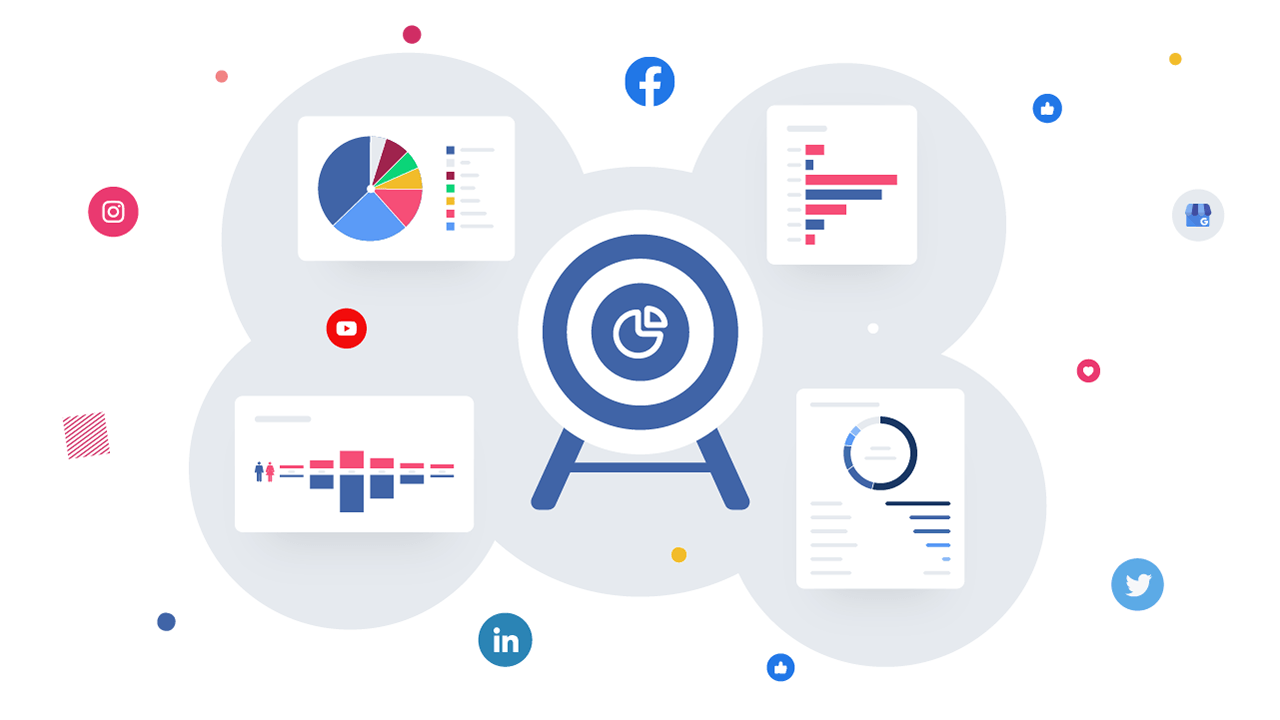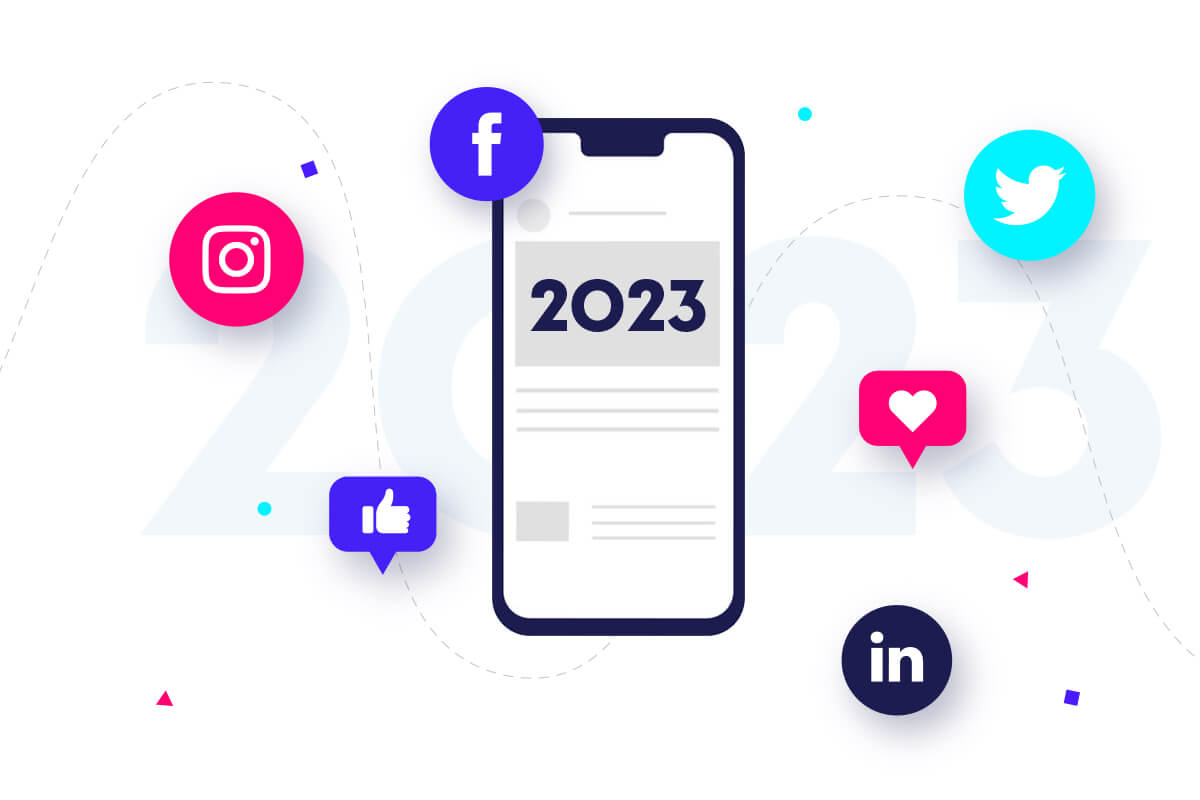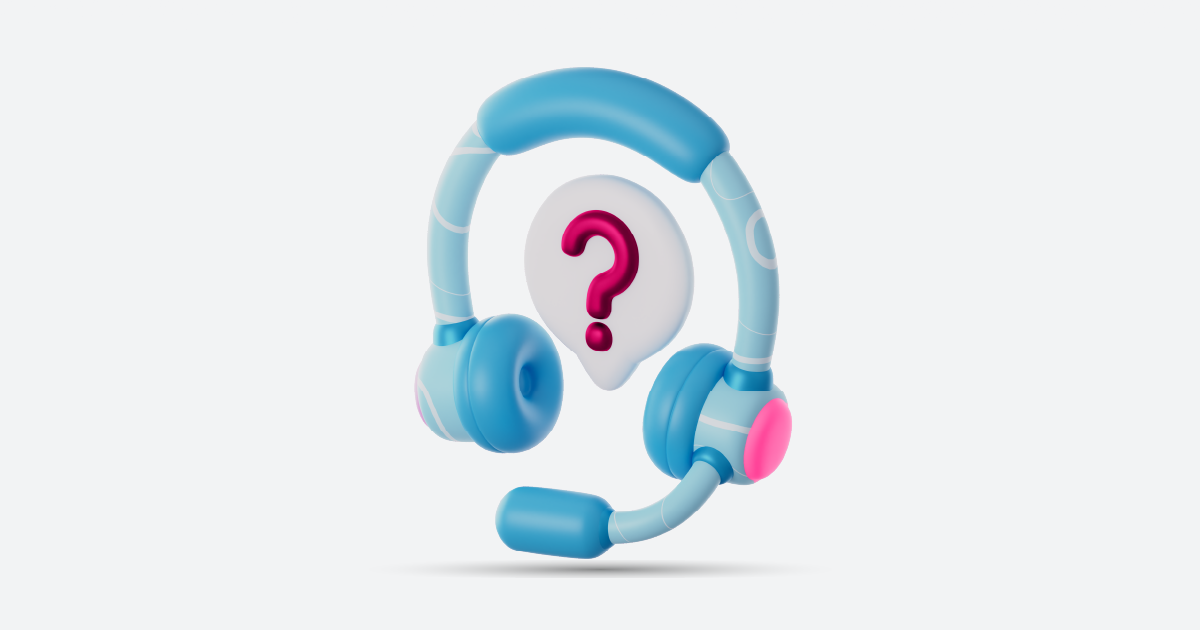In today’s digital age, businesses need to stay ahead of the curve to remain competitive. One of the most effective ways to gain valuable insights into consumer behavior and preferences is through the social listening methodology. By harnessing the power of social media and online conversations, companies can uncover trends, sentiments, and opportunities that can shape their marketing strategies. In this article, we will explore the concept of social listening methodology and its impact on businesses.
What is Social Listening?

Social listening refers to the process of monitoring and analyzing online conversations, such as social media posts, reviews, comments, and mentions, to understand public opinion and consumer sentiment about a particular brand, product, or industry. It involves tracking keywords, hashtags, and brand mentions across various digital platforms to gather relevant data.
Importance of Social Listening
Social listening is crucial for businesses of all sizes. It allows companies to gain a deeper understanding of their customers, competitors, and market trends. By listening to what people are saying about their brand, products, or industry, businesses can make informed decisions, identify potential issues or opportunities, and enhance their overall brand reputation.
Steps in Social Listening Methodology

Defining Objectives
Before embarking on a social listening journey, it’s important to define clear objectives. Whether it’s monitoring brand reputation, conducting market research, or identifying consumer preferences, setting specific goals will help guide the process and focus efforts effectively.
Choosing Relevant Platforms
Not all social media platforms are created equal. Depending on the target audience and industry, businesses should identify the platforms where their customers are most active. Whether it’s Twitter, Facebook, Instagram, or niche forums, selecting the right platforms ensures that the collected data is relevant and actionable.
Setting Up Monitoring Tools
To effectively monitor online conversations, businesses need to utilize specialized monitoring tools. These tools help track keywords, hashtags, and mentions across multiple platforms, saving time and providing comprehensive insights. Popular social listening tools include Aim Insights, Brandwatch, Sprout Social, and Mention.
Collecting and Analyzing Data
Once the monitoring tools are in place, businesses can collect vast amounts of data from various sources. This data includes customer opinions, reviews, feedback, and sentiments. Analyzing this data allows businesses to uncover patterns, trends, and emerging topics that can shape their marketing strategies.
Extracting Insights
The final step in the social listening methodology is extracting actionable insights from the collected data. By analyzing the sentiments, identifying influencers, and understanding customer needs and pain points, businesses can adapt their products, improve customer service, and refine their overall marketing approach.
Applications of Social Listening
The social listening methodology has a wide range of applications across industries. Some common applications include:
- Brand reputation management
- Product development and improvement
- Crisis management
- Competitor analysis
- Market research
- Identifying influencers and brand advocates
Benefits of Social Listening
Implementing social listening methodology offers several benefits for businesses:
- Real-time insights into consumer preferences and sentiments
- Enhanced customer engagement and responsiveness
- Competitive advantage through early identification of market trends
- Improved brand reputation and customer loyalty
- Targeted marketing campaigns based on data-driven insights
Challenges in Implementing Social Listening
While social listening brings significant advantages, it also presents challenges that businesses need to address:
- Handling vast amounts of data and extracting meaningful insights
- Ensuring data privacy and compliance with regulations
- Dealing with negative sentiment or brand crises
- Identifying relevant conversations and filtering out noise
- Keeping up with rapidly evolving social media platforms
Best Practices for Social Listening
To maximize the effectiveness of social listening, businesses should consider the following best practices:
- Clearly define the objectives and key performance indicators (KPIs) for social listening efforts.
- Regularly monitor and update the list of keywords, hashtags, and industry-related topics.
- Utilize a combination of automated tools and human analysis to ensure accurate insights.
- Act promptly on negative feedback or customer complaints to maintain a positive brand image.
- Integrate social listening insights with other business functions, such as marketing, product development, and customer service.
Future Trends in Social Listening

As technology and consumer behavior continue to evolve, social listening is expected to undergo significant advancements. Some future trends in social listening include:
- Artificial intelligence-driven sentiment analysis
- Integration of social listening with chatbots and virtual assistants
- Enhanced privacy controls and data protection measures
- Deeper integration of social listening with marketing automation and CRM systems
Conclusion
Social listening methodology empowers businesses to tap into the wealth of consumer insights available through online conversations. By actively monitoring and analyzing social media platforms, companies can gain a competitive edge, enhance their brand reputation, and make data-driven decisions. By adopting best practices and staying updated with emerging trends, businesses can leverage social listening to unlock valuable opportunities in today’s digital landscape.
To experience the power of social listening firsthand and see how it can benefit your business, request a demo from Aim Technologies. Our advanced social listening tools and expert team can help you harness the potential of consumer insights. Don’t miss out on the opportunity to take your marketing strategies to the next level.
FAQs
How frequently should social listening be performed?
- The frequency of social listening depends on the specific goals and industry of the business. However, it is generally recommended to conduct regular monitoring to stay updated with changing consumer sentiments and trends.
Can social listening help identify new market opportunities?
- Yes, social listening can uncover emerging trends, unmet consumer needs, and market gaps, enabling businesses to identify new market opportunities.
Are there any free social listening tools available?
- Yes, some social listening tools offer free plans with limited features. Examples include Google Alerts, TweetDeck, and Social Mention.
How can social listening benefit small businesses?
- Social listening provides small businesses with valuable insights into their target audience, helping them tailor their products, marketing strategies, and customer interactions to meet specific needs.
Is social listening only relevant for B2C businesses?
- No, social listening is beneficial for both B2C and B2B businesses. It helps B2B companies gain insights into customer preferences, industry trends, and competitor analysis.


